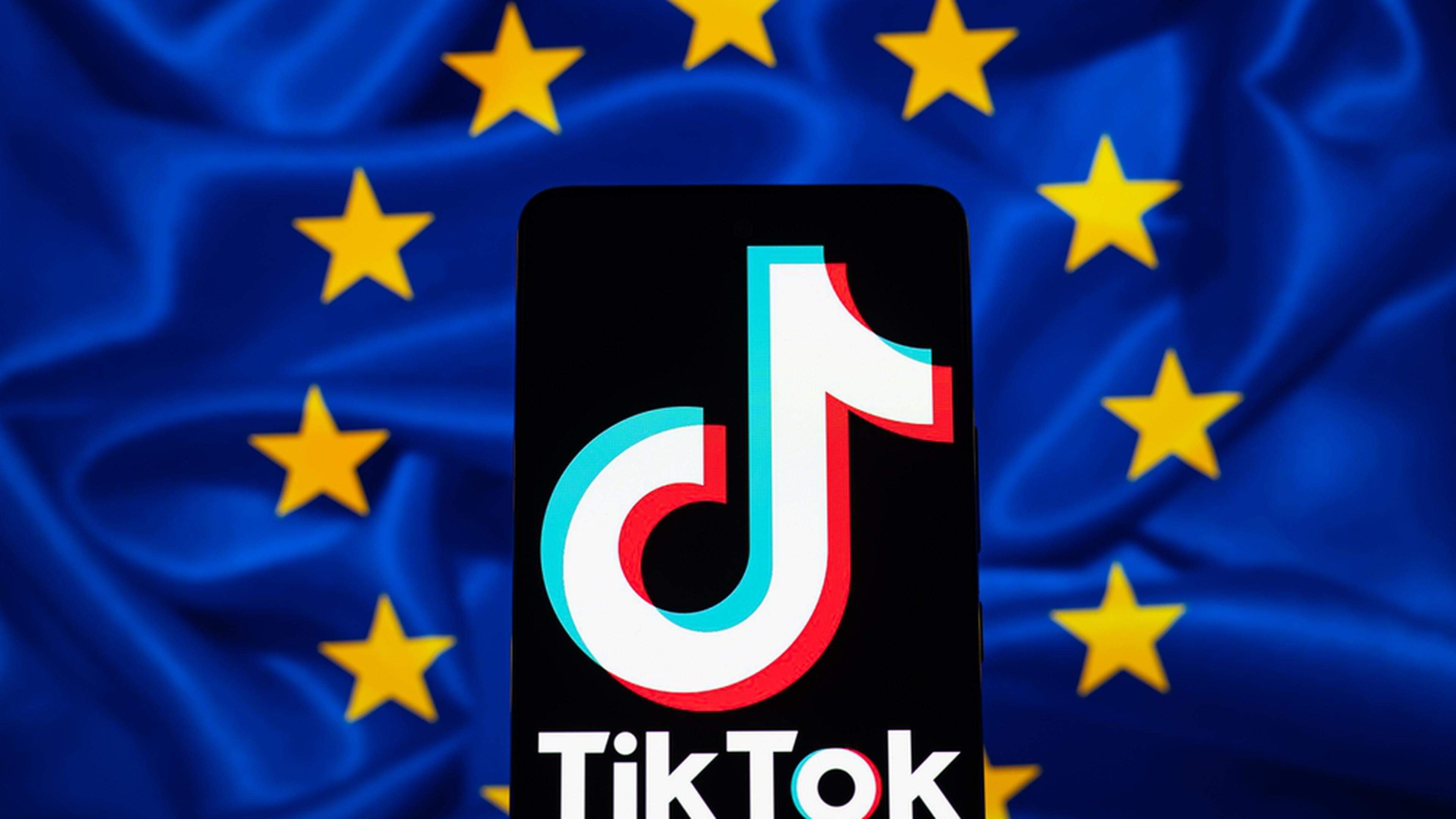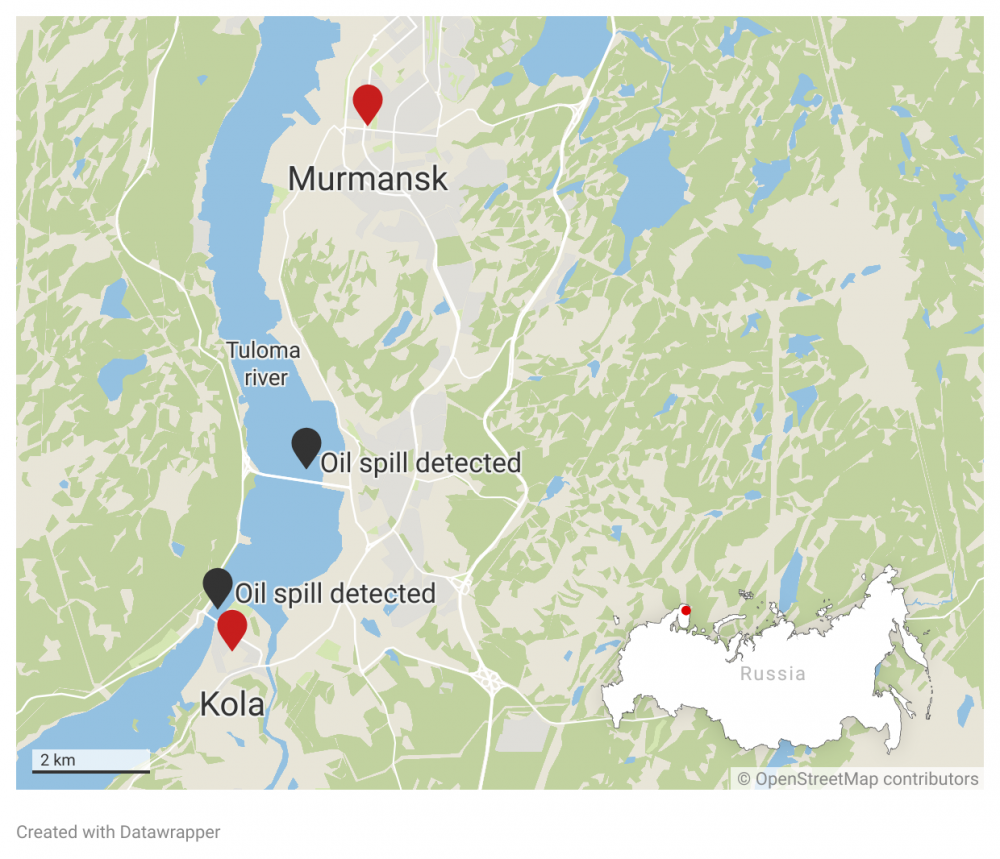
2024-07-17
Shafaq News/ Kenyan migrant workers, particularly young women, are enduring severe hardships in Iraq, with numerous reports of abuse and unjust imprisonment surfacing.
A report by Kenyan news site "Mwakilishi" has shed light on one such case that involves Catherine Wambui, who traveled to Iraq in 2020 with hopes of a better future, only to find herself entangled in a harrowing ordeal.
Wambui, who left Kenya with a two-year contract as a housekeeper, hoped to improve her living conditions. However, her contract marked the beginning of a dreadful experience, exposing the harsh realities faced by Kenyan migrants overseas.
When Wambui expressed her desire to return to Kenya at the end of her contract, her employer refused, pressuring her to extend her stay despite her emotional and psychological distress. The employer not only withheld her return ticket but also confiscated her passport, effectively trapping her in Iraq.
The situation worsened when immigration authorities handed her over to Iraqi authorities instead of facilitating her return to Kenya. Wambui was placed in a high-security prison under inhumane conditions, with overcrowded cells forcing detainees to sleep sitting up, and inadequate facilities exacerbating their suffering.
During Ramadan in 2023, some detainees, including Wambui, were released thanks to financial assistance from her parents in Kenya, who sent money for her plane ticket.
However, many other Kenyans remain unjustly detained in Basra prison, despite committing no crimes in Iraq.
Kenyan migrant communities emphasize the urgent need for better protection of migrant workers' rights and enhanced diplomatic efforts to safeguard Kenyan citizens abroad.
According to Kenyan Prime Minister Musalia Mudavadi, there are 150 Kenyan nationals in Iraq, although this figure does not account for those in Iraqi prisons.



























